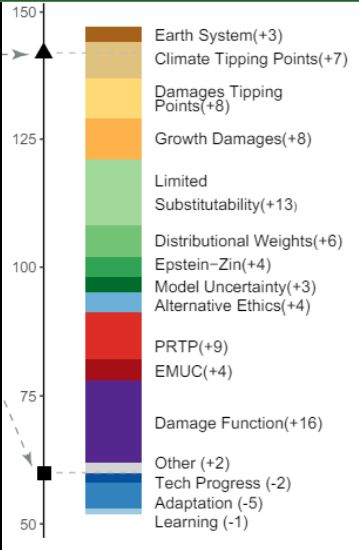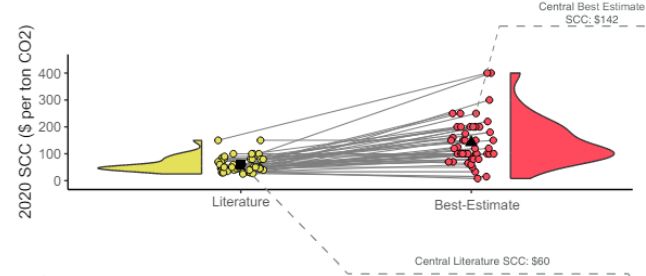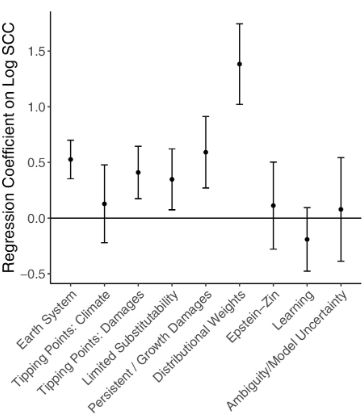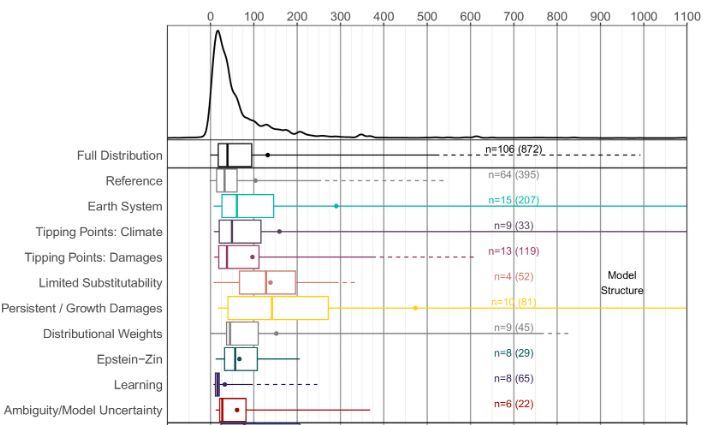
https://franmoore.faculty.ucdavis.edu/
www.nature.com/articles/s41...

www.nature.com/articles/s41...
www.epa.gov/system/files...

www.epa.gov/system/files...




As of March, the program was "one event away from a large assessment" on insurers and CA policy holders.
www.eenews.net/articles/cal...

As of March, the program was "one event away from a large assessment" on insurers and CA policy holders.
www.eenews.net/articles/cal...







www.whitehouse.gov/wp-content/u...
With the most epic burn of all chapter titles: "Digital Assets: Relearning Economic Principles" and this fantastic list of sub-headings:

www.whitehouse.gov/wp-content/u...
With the most epic burn of all chapter titles: "Digital Assets: Relearning Economic Principles" and this fantastic list of sub-headings:
www.nature.com/articles/s41...

www.nature.com/articles/s41...

www.pnas.org/doi/10.1073/...

www.pnas.org/doi/10.1073/...








